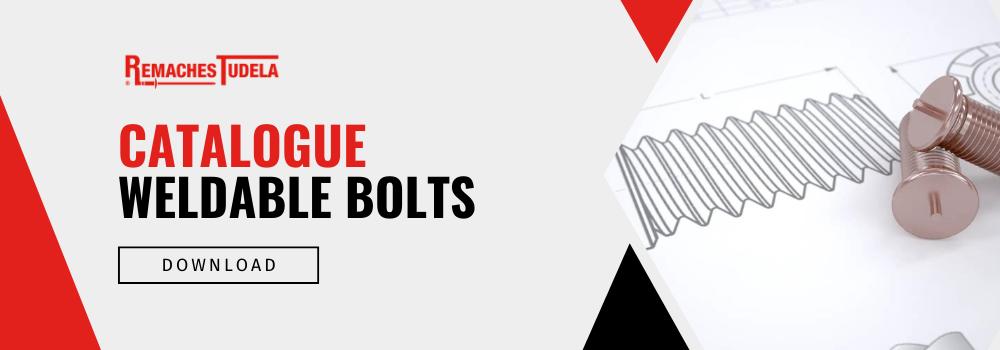Bolts are essential fasteners in a wide range of industrial and mechanical applications. From construction to machinery manufacturing, bolts play a crucial role in joining components and structures. At Remaches Tudela, as manufacturers of fastening systems, we are going to explain what bolts are, the different types available, their common uses, and the fundamental differences between bolts and screws.

What is a Bolt?
A bolt is a cylindrical fastening element used to join two or more mechanical components together. It consists of a cylindrical rod with threads on one or both ends, designed to pass through drilled holes in the objects to be joined. These objects are held together by nuts that are screwed onto the bolt’s threads.
Bolts are used in a wide variety of industrial, mechanical, and construction applications, from machinery manufacturing to building construction. They provide a solid and secure connection between components and structures, allowing for easy disassembly and reassembly when needed.
Types of Bolts
There are several types of bolts, each designed to meet specific needs in different applications. Here are some of the most common types:
Hex Bolts
Hex bolts are perhaps the most common and recognizable. They have a hexagonal head and threads on one end. These bolts are versatile and used in a wide variety of applications.
Round Head Bolts
Round head bolts have a circular head and threads on the opposite end. They are ideal for applications where aesthetics or safety are important, as the round head provides a smooth appearance and reduces the risk of injury from sharp edges.
Countersunk Head Bolts
These bolts have an angled head that sinks into the material when tightened. This provides a flat surface once the bolt is secured, making them ideal for applications where a smooth surface is required.
Anchor Bolts
Anchor bolts are designed to fasten objects to solid surfaces such as concrete or brick. They have threads on one end and an expanded end on the other to provide secure fastening in the base material.
Eye Bolts
These bolts have a loop on one end, allowing for the attachment of ropes, cables, or other fastening devices. They are commonly used in applications where lifting or load securing is required.
What bolts are used for
Bolts have a wide range of uses across numerous industries and applications. Some of the main functions of bolts include:
- Joining structural components in construction and civil engineering.
- Assembling machinery and industrial equipment.
- Securing parts in product manufacturing and assembly.
- Providing a secure connection in transportation applications such as cars, planes, and ships.
- Securing elements in mechanical and automotive engineering applications.
Collar Bolts: a strong and durable fastening
Collar bolts are a specialized variant of bolts designed to provide an extremely strong and durable fastening in demanding applications. These bolts consist of two parts: a bolt and a collar. The bolt, very similar to a screw, is made up of a head and a slotted body. The collar is the part that fits over the bolt’s body. The bolt is installed by deforming the collar over the bolt’s body.
Collar bolts are widely used in industries such as automotive, shipbuilding, mining, and railway engineering, where strong and reliable fastening is required. Their unique design makes them ideal for applications where vibrations, heavy loads, or harsh environmental conditions can compromise the integrity of the connection.
Key differences between collar bolts and screws
Although the terms “bolt” and “screw” are often used interchangeably, there are important differences between them in terms of design, function, and application:
Head Design
Collar bolts have a head without a specific shape for installation with a key or screwdriver, while screws have a head with a defined shape to hold the tool during installation and removal.
Load Application
Screws are primarily used for applications requiring a removable connection, where they can be easily removed and replaced. On the other hand, collar bolts are used for applications where a permanent connection is required and they are not expected to be removed frequently.
Use of Nuts
Screws are threaded directly into the base material or a nut, while collar bolts are secured by deforming the collar.
Fit Tolerances
Collar bolts typically have tighter fit tolerances to ensure a precise and secure connection, while screws may have wider fit tolerances to allow for quicker and easier installation.
Both collar bolts and screws are essential fastening elements that play distinct roles in a variety of applications. Understanding the differences between them is crucial for selecting the appropriate type of fastener for each specific situation.
Remaches Tudela: specialists in fastening systems
At Remaches Tudela, we have been manufacturing fastening systems for over three decades that meet all market demands, not only in terms of quality but also in range and price. In our extensive catalog, we can highlight two types of bolts: the Super Grip Bolt and the Bull Lock Bolt.
Both products stand out for their high sealing and resistance. Additionally, these bolts offer great resistance to vibrations and make it impossible for them to loosen voluntarily. To cover all possible fields, you can find these two models of bolts in different materials and diameters, so you can select the one that best suits your needs.
As you can see, in addition to their variety of types, bolts are essential due to their ability to provide a solid and secure connection between components. Their design allows for even load distribution, helping to prevent loosening and ensuring the stability and safety of structures and equipment.
Collar bolts, in particular, stand out for their strength and durability, making them the preferred choice in demanding applications. Their design, with a narrow neck and threaded section, provides a firm fastening even in environments where vibrations and heavy loads are common.
Visit our website now to check out the extensive catalog of bolts and rivets we have available. Remember, if you need help or can’t find what you’re looking for, you can write to us, and our specialists will do their best to assist you.


